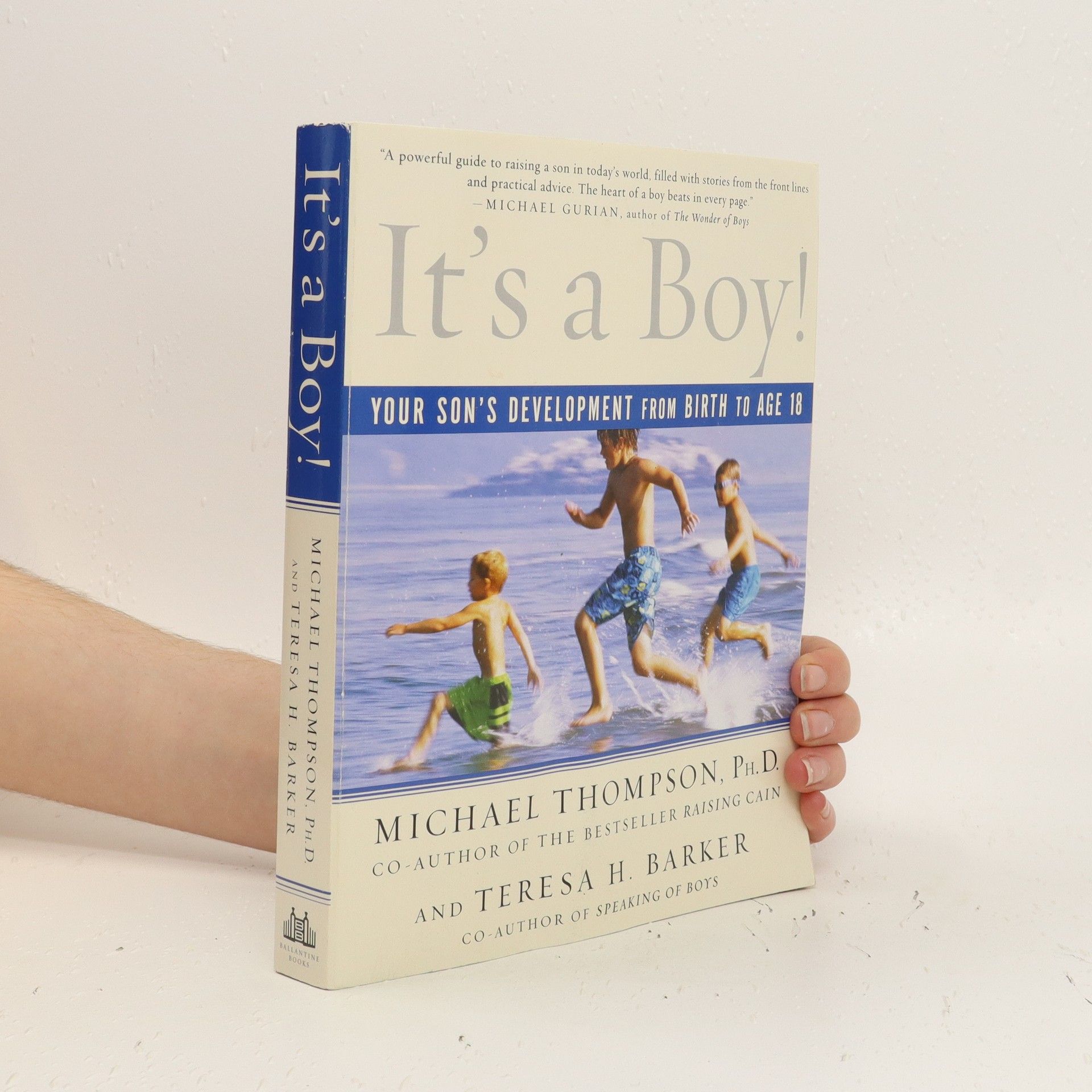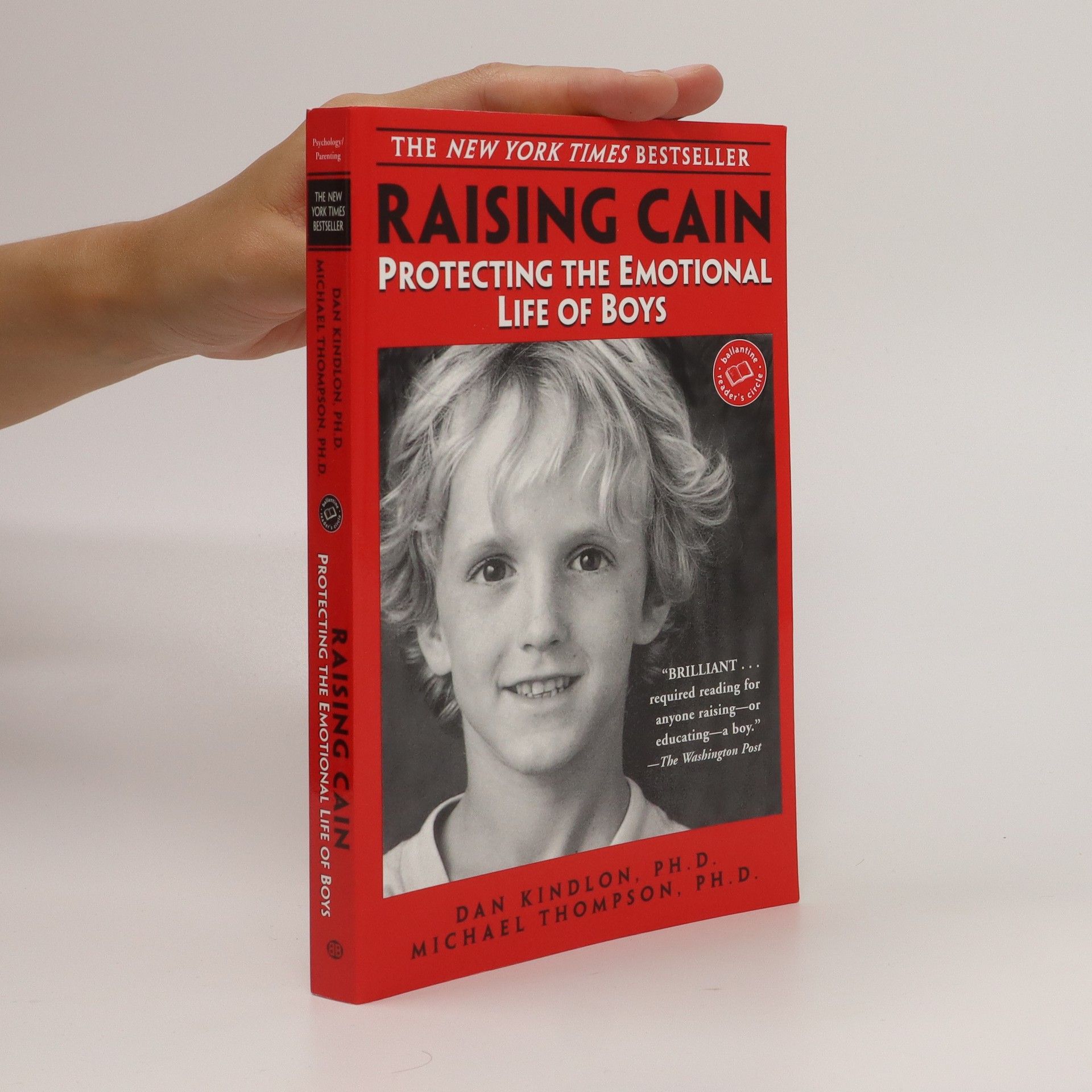Michael Thompson Libri







Winslow Hoffner's High-Sailing Adventures
- 322pagine
- 12 ore di lettura
Exploring the intersection of reality and myth, the story delves into the life of Winslow Hoffner, a seafaring storyteller whose memories reveal untold tales of cryptids and the secretive organizations pursuing them. As the line between science and magic fades, adventurers are drawn into a world filled with monsters, conspiracies, and mysterious energy fields, challenging their understanding of the extraordinary. The narrative promises a thrilling journey into the unknown, where bravery and curiosity are essential for uncovering hidden truths.
Set against a backdrop of a 1950s small town, the narrative weaves a gripping murder mystery involving iconic figures like Martha, Mary Magdalene, and Jesus. As the preacher's murder unfolds, it delves into themes of hypocrisy, true faith, and the quest for truth, both earthly and divine. The story blends suspense with allegorical elements of Christ's ministry, exploring sin, redemption, and the complexities of belief, all while keeping readers engaged with unexpected twists and turns.
Shy by Design
- 224pagine
- 8 ore di lettura
Inspired by his own transformation from feeling left out to leading others, career coach and communications advisor Michale Thompson shares 12 easy-to-grasp principles that flip conventional wisdom and provide shy people with the communication skills they need to own their voice, build relationships, and grow their influence.
A comprehensive guide to a boy's developmental, psychological, social, and academic life, spanning infancy to manhood
The Neurofeedback Book
An Introduction to Basic Concepts in Applied Psychophysiology
- 457pagine
- 16 ore di lettura
Neurofeedback has been around a long time, since the 1960s when it was known as EEG biofeedback, and it has become one of the fastest growing segments of the mind-body medicine movement. The Neurofeedback Book is the first true textbook dedicated to this area of healthcare. It is written for peopl at all levels of knowledge in the field and is a must-have for those exploring alternative medicine modalities. This book is written to assist you in understanding the basis of neurofeedback and the fundamentals of how to do EEG biofeedback.
In Raising Cain, Dan Kindlon, Ph.D., and Michael Thompson, Ph.D., two of the country's leading child psychologists, share what they have learned in more than thirty-five years of combined experience working with boys and their families. They reveal a nation of boys who are hurting--sad, afraid, angry, and silent. Kindlon and Thompson set out to answer this basic, crucial question: What do boys need that they're not getting? They illuminate the forces that threaten our boys, teaching them to believe that "cool" equals macho strength and stoicism. Cutting through outdated theories of "mother blame," "boy biology," and "testosterone," the authors shed light on the destructive emotional training our boys receive--the emotional miseducation of boys. Kindlon and Thompson make a compelling case that emotional literacy is the most valuable gift we can offer our sons, urging parents to recognize the price boys pay when we hold them to an impossible standard of manhood. They identify the social and emotional challenges that boys encounter in school and show how parents can help boys cultivate emotional awareness and empathy--giving them the vital connections and support they need to navigate the social pressures of youth.
Conforming to gender stereotypes is a choice, not a requirement—you decide. This timely workbook provides a road map to help you discover what kind of man you want to be.As a teen, you may be under intense pressure to conform to society’s stereotypes of masculinity—often referred to as the “guy code.” Limiting and unhealthy gender stereotypes and social practices are pervasive, even across cultures, and research shows that strict adherence to the rules of the code—or extreme forms of “traditional” masculinity, such as suppressing your feelings, acting tough and in control, and objectifying girls and women—can lead to emotional issues, aggression, low self-esteem, more risk taking, misogyny and homophobia, and even negative health outcomes, like depression and anxiety. So, how do you navigate these mixed messages?This is the workbook you need. You’ll find fun and engaging activities that will empower you to define what being a guy means to you—whatever that is. You’ll learn all about how our world views masculinity—the good, the bad, and the toxic. You’ll find tips and tools to help you face difficult thoughts and emotions, rather than trying to avoid them, and ask for help when you need it.Most importantly, you’ll discover that there’s no “right” way to be a guy. There’s just what’s right for you.
Rubbish Theory
- 304pagine
- 11 ore di lettura
How do objects that are of little worth become valuable? In Rubbish Theory, Michael Thompson argues that there are two mutually exclusive cultural categories that are socially imposed on the world of objects: a transient category and a durable category. However, he identifies a 'region of flexibility', where a transient object, which declines in value and life span, can in fact linger on in a valueless and timeless limbo of 'rubbish', until it is discovered by a creative individual and transferred across into the durable category. Who are the people who are able to affect this value-creating transfer, and which types of people feel at home with transient objects, durable objects and rubbish objects? Thompson links stability and change on the one hand, with materiality on the other, providing a rich analysis of social and cultural dynamics. First published in 1979, this book has become a classic in its field. This second edition includes a new introduction, afterword, and a foreword which describes the book's huge influence across the arts and social sciences - from cultural studies to anthropology - over the four decades since it was first published, placing it in a contemporary context that shines light on the relevance of the book today.
How to Be Remembered
- 368pagine
- 13 ore di lettura
For fans of Matt Haig and The Invisible Life of Addie LaRue comes a big-hearted novel following a man who can never be remembered and his journey to become unforgettable... On an ordinary night in an ordinary year, Tommy Llewellyn's doting parents wake in a home without toys and diapers, without photos of their baby scattered about, and without any idea that the small child asleep in his crib is theirs. That's because Tommy is a boy destined to never be remembered. On the same day every year, everyone around him forgets he exists, and he grows up enduring his own universal Reset. That is until something extraordinary happens: Tommy Llewellyn falls in love. Determined to finally carve out a life for himself and land the girl of his dreams, Tommy sets out on a mission to finally trick the Reset and be remembered. But legacies aren't so easily won, and Tommy must figure out what's more important--the things we leave behind or the people we bring along with us. With the speculative edge of How to Stop Time, the unending charm of Maria Semple, and the heart of your favorite book club read, How to Be Remembered is a life-affirming novel about discovering how to leave your mark on the places and people you love most.

